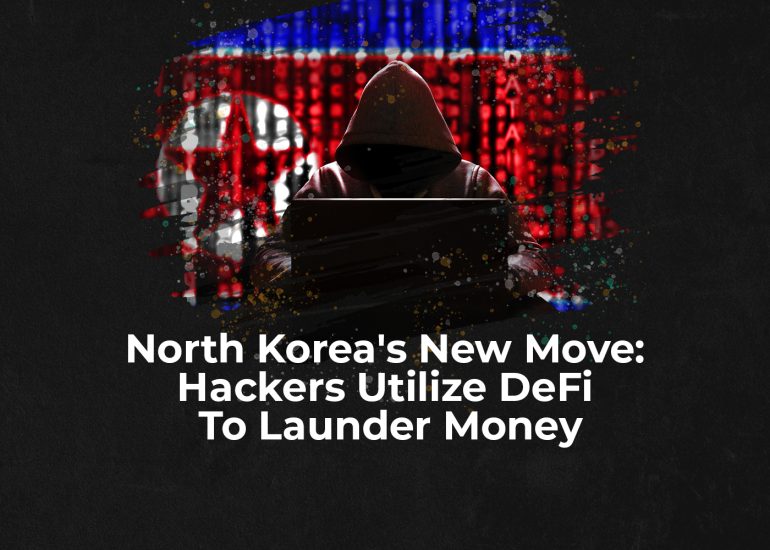The US Treasury has found that North Korean hackers and fraudsters are leveraging decentralized financing gaps to launder money and conceal illegal activity. According to a study issued on Thursday, North Korean hackers and other illicit organisations have taken advantage of certain DeFi systems’ noncompliance with anti-money laundering standards.
According to the research, inadequate or non-existent AML/CFT controls for DeFi services in other countries, as well as insufficient cybersecurity controls for DeFi services, result in these devastating money thefts.
The Hackers Utilize DeFi Platforms
The 40-page research claims, among other things, that “crowdfunding platforms frequently do not employ anti-money laundering and anti-terrorist financing procedures or other consumer identification measures.” According to the research, several crowdfunding service initiatives purposefully omitted AML/CFT safeguards in order to achieve their decentralized aims.
According to the Treasury, “most money laundering and terrorist financing operations in terms of transaction volume and value are conducted in fiat currency or outside of the digital asset ecosystem.” Authorities advocate for more anti-money laundering and anti-terrorist funding regulatory control of DeFi platforms, as well as the closure of regulatory loopholes.

DeFi Operations must be Controlled
The current study is consistent with President Biden‘s Executive Order on Digital Assets, which was signed in March of last year with the ultimate objective of encouraging responsible digital asset creation.
Brian Nelson of the Treasury Department stated that distant finance services faced difficulties in identifying the persons behind the corporate activity. He also mentioned that both centralized and decentralized services are governed by the Bank Secrecy Act. He also indicated that some DeFi operations might be more similar to traditional finance than they appear. “They’re decentralized in name only,” he says.
North Korean APT43 is Responsible for the Majority of the Attacks
North Korean hacker gangs, which account for a large share of illegal cyber activity on the DeFi field, are continuously inventing and discovering new ways to steal and launder crypto assets. According to a recent report from Mandiant, a Google-owned cybersecurity company, Pyongyang-based hacker group APT43, also known as Kimuski, is purchasing cloud mining services with stolen funds in order to generate clean cryptocurrency with no blockchain connections that law enforcement could trace.
According to the paper, “APT43 steals and launders enough bitcoin to acquire operational infrastructure in a way compatible with North Korea‘s Juche state philosophy, which emphasizes self-sufficiency.”
